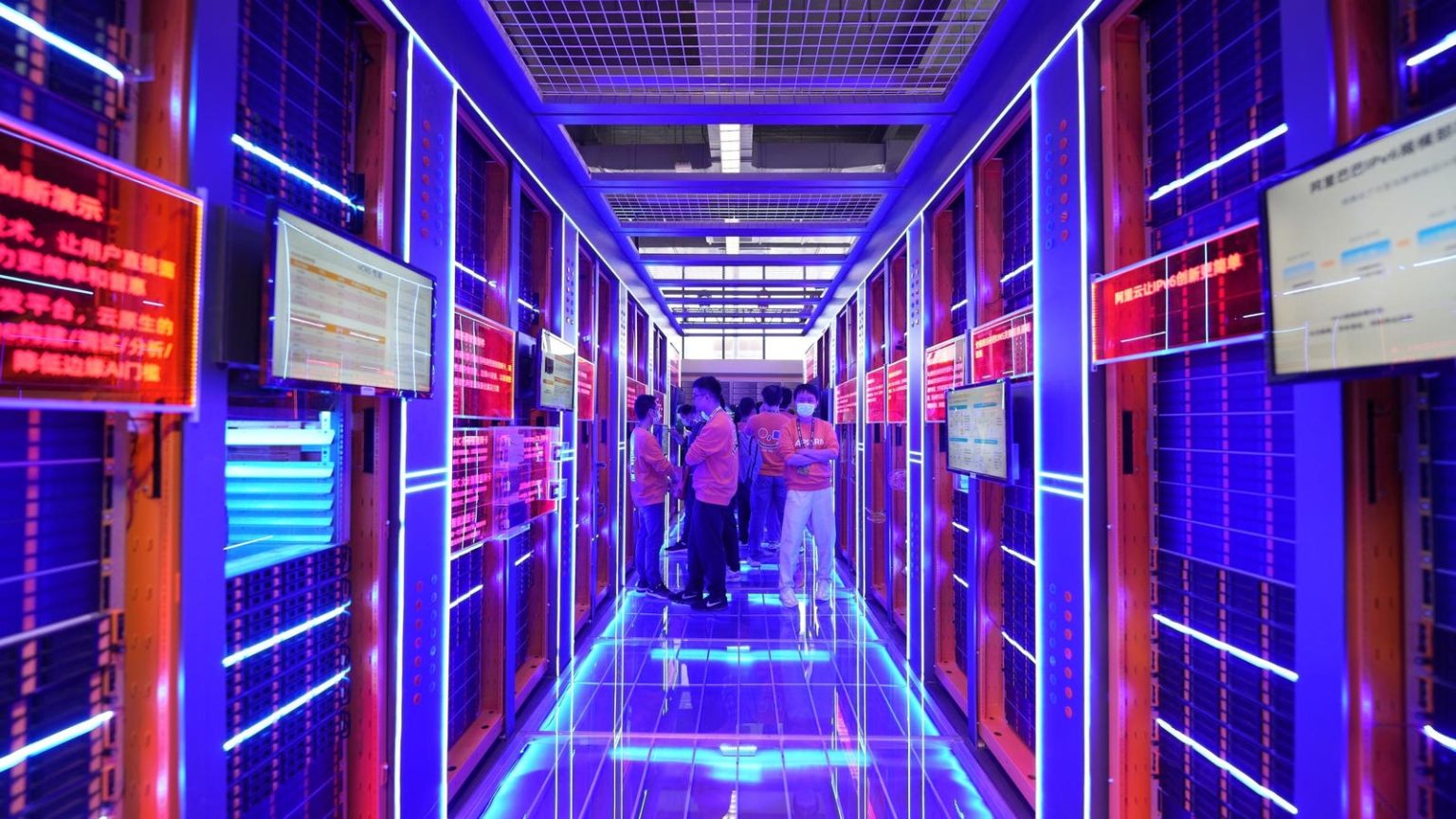China has emerged as a powerhouse in the field of GenAI, filing five times more patents in the last decade than the U.S. With over 38,000 patent applications in GenAI, China is at the forefront of finding applications for new technologies in various sectors. Chinese companies like BYD, NIO, Xpeng, Alibaba, and Bytedance are leading the way in utilizing GenAI for applications such as autonomous driving, AI chatbots, and transforming consumer journeys across industries. Global executives are now looking to China’s GenAI transformation for insights and strategies.
Global business leaders can learn from China’s GenAI advancements by leveraging China as an Innovation Hub, casting a wide net for new players in the GenAI space, and partnering with Chinese companies to access the latest applications and business models. It is crucial for companies to protect their core assets, especially in terms of data privacy, cybersecurity, and competitive positioning as China’s GenAI revolution continues to evolve. Learning from China’s experiences can help global leaders stay ahead of the curve in the GenAI race.
Alibaba, one of China’s tech giants, has been navigating challenges and transformations in the fast-paced world of GenAI. Despite facing setbacks such as U.S. government sanctions on advanced computing chips, Alibaba is strengthening its core ecommerce business while focusing on new technologies like GenAI. Alibaba Cloud’s open-sourcing of a general-purpose model reflects its ambition to become a key player in the AI domain. By repositioning itself in the AI wave, Alibaba is proving its technology prowess and strategic flexibility in the competitive tech industry.
While the U.S. may lead in developing cutting-edge AI systems, China excels in building and commercializing applications quickly. Chinese companies like Alibaba and NetEase have mastered the art of application by combining new and existing technologies and business models to create impactful innovations. NetEase, in particular, has focused on building virtual environments in gaming and communication, investing heavily in R&D for AI applications. By partnering with companies like China State Construction Engineering Corp, NetEase is driving real-world AI applications in industries like construction.
China’s prioritization of GenAI solutions is evident in its ongoing economic reform and the push towards innovation and technology adoption. As China’s industries adapt to changing dynamics and challenges, GenAI offers opportunities to boost efficiency, automate processes, and accelerate scientific advancements. However, it remains to be seen if China can leverage its GenAI advantage to create a sustainable comparative advantage in the global market. With the increasing importance of AI in driving innovation and competitiveness, companies in China and around the world must stay abreast of the latest developments in GenAI to thrive in the evolving landscape of technology and business.













